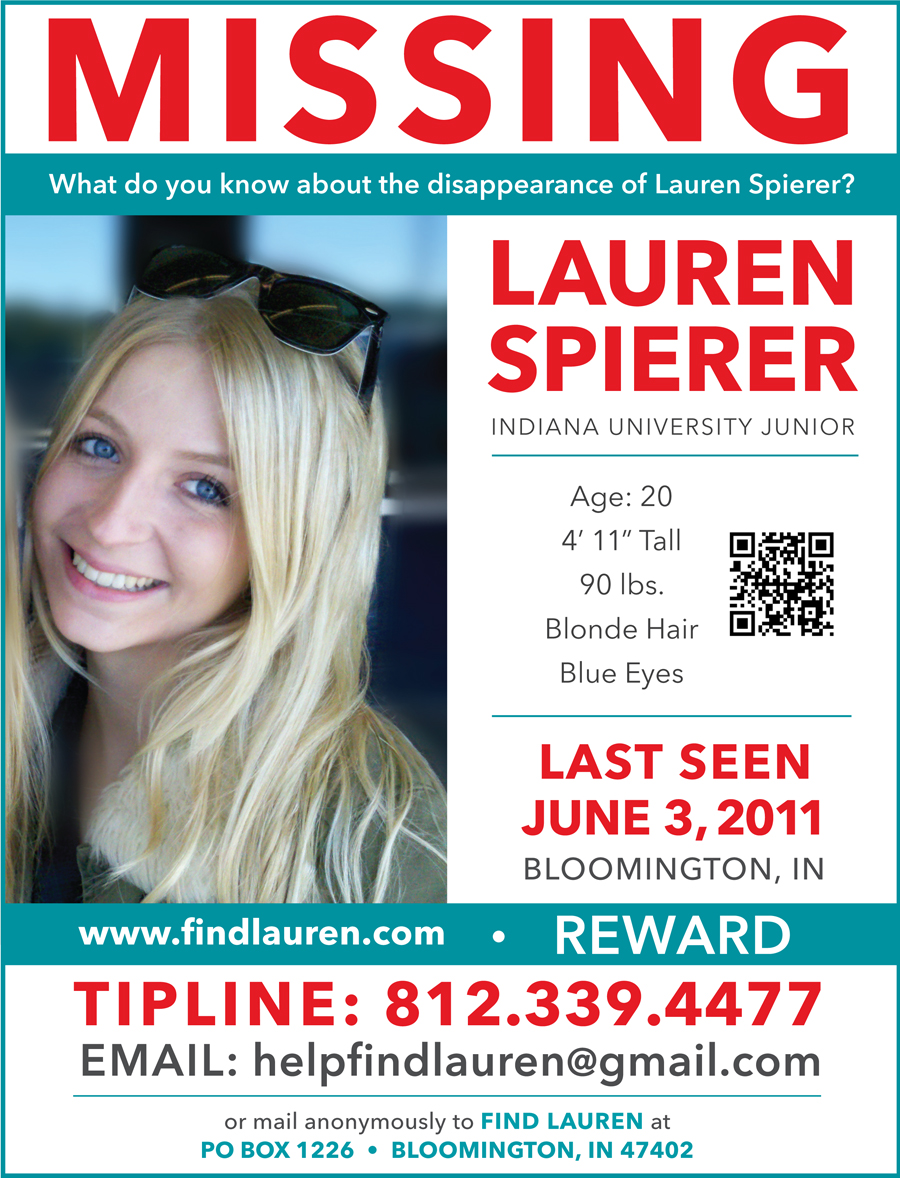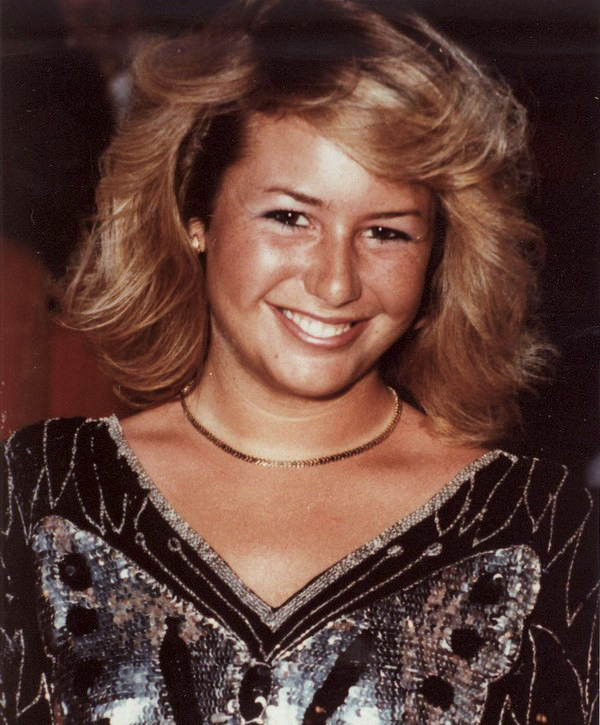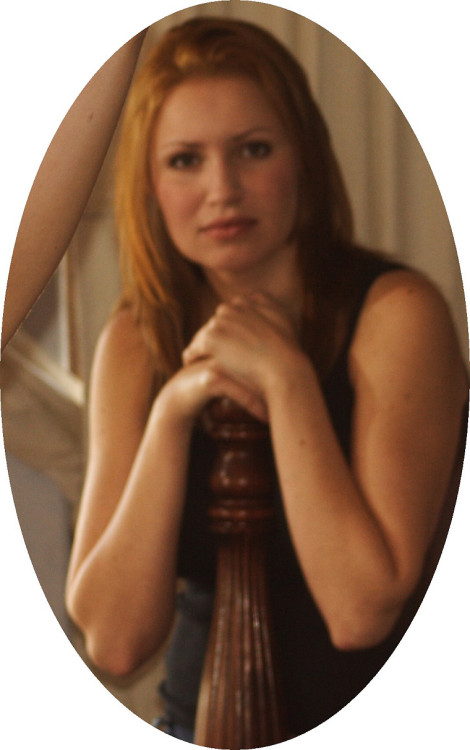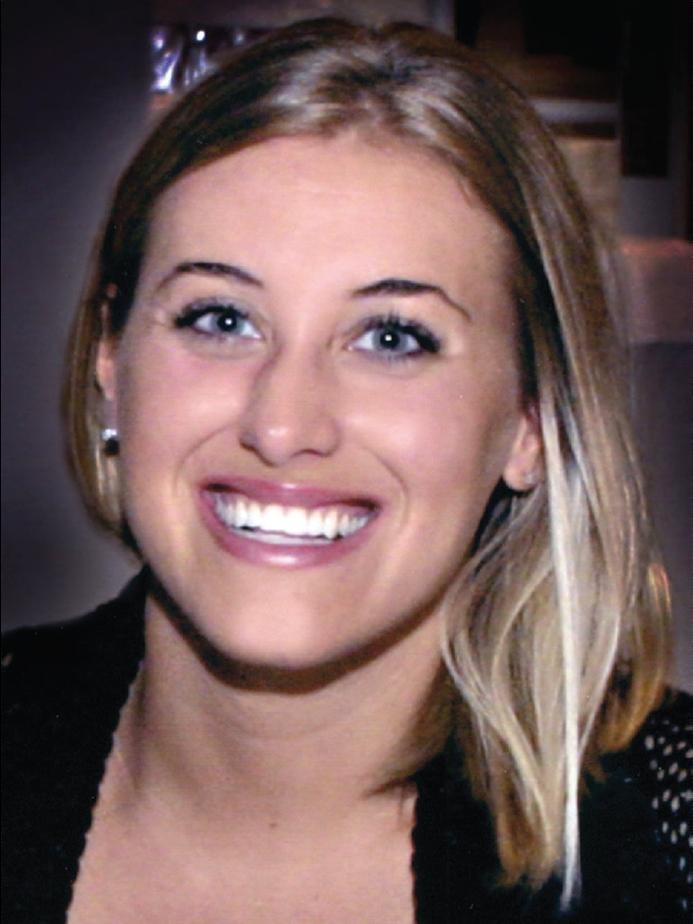"This gender bias has something to do with the decision to seek death in this case. I would only ask, your honor, that you think about this, and I know you will carefully.
“People don’t say, you know, ‘She’s a... it’s an impolite word... but, you know, she’s a whore, so she should die. Right? They don’t say that out loud. Oh well, they do in the blogs, your honor, but they don’t say that here in court ... but underneath, that is what’s going on.”
- defense attorney Andrea Lyon, in court today
"She doesn't like the fact that our law permits jurors to assess the character of individuals in deciding the death penalty. That's the way the law is whether it's a man or a woman."
- prosecutor Jeff Ashton, in response to Andrea Lyon today
[For the record, Judge Perry entered the courtroom at precisely 9:02 AM. Two minutes late. Cindy came in a little late, flanked by two family friends, but no George. Read into it what you will. Also absent was Brad Conway.]
Did Casey's defense team take a big risk when it demanded that Judge Stan Strickland step aside? Did it expect the top judge, Chief Judge Belvin Perry, Jr., to take hold of the reins, or was it expecting a judge more favorable to its cause, one less inclined to keep the death penalty on the table? For certain, it took that gamble and the outcome is real. The court wanted none of that. Today, the defense did its best to remove the onus of death that's been hanging over Casey like a heavy cloud waiting to pour down its reign of punishment with each stinging drop in motions lost. Today, Casey began visualizing the prospect of dying at the hands of the state as a harsh reality. There is no stopping it now. This is no game; no dress rehearsal. No one in their right mind would ever act or play games with life and death. This was all too real today. Whether her tears were or not is a matter open for discussion, but cry she did.
I must admit, I was almost certain why Cheney Mason asked the judge at the tail end of the hearing last Thursday if Casey had to attend all hearings. I am convinced it was to spare her from the torturous tirade that would ensue during the motions heard today regarding death as a possible punishment. I am certain the judge made sure she would hear every word of it. DEATH. DEATH. DEATH. That's why she must attend her hearings. She needs to face reality; something she's never had to do all her life. Welcome to the world, Casey. Welcome to Belvin Perry's court.
Today, the hearing dealt "strictly" with death penalty motions. It wasn't a complete bloodbath for the defense, but they do have a few wounds to lick. First of all, let me say that I had the opportunity to ask three separate attorneys about the motion filed to recuse Judge Strickland. All three remain puzzled, even after I mentioned the motion to reconsider earlier rulings by Strickland filed by the defense. Could that have been the motive behind asking for the recusal? To, perhaps, get some decisions overturned? All I can say is that they still couldn't understand the reason. It was a very stupid move by the defense. That brings my total to 15 attorneys I've asked, with every response the same. Also, I had a chance to talk to two of the deputies sitting in the back row of the gallery. They are the jailers who bring Casey to court and take her back to 33rd Street. They deal only with high-profile and/or dangerous inmates. Since they are there, why not watch the proceedings? By the way, they were quite nice; professional and approachable.
THE MOTIONS
Gender Bias
Casey's defense team, "manned" by Andrea Lyon, argued that the death penalty is sexist. Ms. Lyon brought along an expert on gender and its relationship to capital punishment. Elizabeth Rapaport is a University of New Mexico law professor. Jeff Ashton objected to her presence by arguing that the defense witness was not listed and the prosecution had no time to prepare. Judge Perry overruled and allowed her testimony. She said she has found that white middle-class mothers accused of filicide get a lot more media coverage than other cases. She asserted that issues such as whether the defendant has a tattoo, how she dresses or if she goes to see male strippers have nothing to do with a criminal case. They are irrelevant. A woman can still be a good mother. She said that mothers who are considered deviant are harder to defend. When Andrea Lyon began talking about Caylee being healthy and happy, Casey began to cry.
Initially, Judge Perry offered the prosecution the chance to reserve the right to cross-examine within 30 days if they needed time to prepare to question Rapaport. Jeff Ashton decided not to opt on that, but he stressed that she had no background in psychology. Ultimately, the judge ruled against the defense.
Automatic appeal of death sentence
All defendants who are sentenced to death get an automatic appeal to the Florida Supreme Court. Lyon argued that the state's supreme court can't legitimately review the case without a report written by a capital jury, which isn't a requirement in the state. Lyon tried to stress that the appellate review is inadequate because the jury doesn't have to explain what aggravators it had found beyond a reasonable doubt that triggered the death penalty. Judge Perry denied the motion.
Why the state is seeking death
The defense requested statutory aggravators - legal reasons - that clearly define why the State is seeking the death penalty. Florida law requires a jury to weigh aggravators, such as whether the murder was premeditated and if the victim was 12-years-old or under. In order for the defense to prepare its side, they need to know what aggravating circumstances the State will try to prove if the case reaches the penalty phase.
"We should be told what changed and what we are facing and what exactly the aggravating factors are and how they will prove it," Lyon told the judge. "The indictment itself… doesn't even tell us their theory or evidence on how this homicide happened."
She said there are 14,000 pages of investigative documents to sort through. "We don't know what the theory of the case is from the prosecution's point of view."
Ashton said the State is not obligated to provide legal theories on this case. Of the fifteen aggravators, only six apply. He said the fact that the defense can't figure out what is what and which ones apply is absurd and incredible.
Lyon struck back by saying the burden of proof is on the State. Ultimately, Judge Perry agreed with her. He told the State it has 10 days to provide the aggravating factors to the defense. At the same time, he said, "the Court at this time will deny the request at this time of the State of Florida a list without prejudice... Whether we like it or not, death is different, therefore, the motion will be granted."
Here is a direction I feel the defense could have taken today. At least, it was worth a look, in my opinion. Sprinkled throughout the motions was a reference to Ring v. Arizona. Ring v. Arizona is, according to Wikipedia, a case in which the United States Supreme Court applied the rule of Apprendi v. New Jersey, 530 U.S. 466 (2000), to capital sentencing schemes, holding that the Sixth Amendment requires a jury to find the aggravating factors necessary for imposing the death penalty.
Former Florida Supreme Court Justice Leander J. Shaw, Jr. wrote an opinionthat, in certain circumstances, would vote to grant a capital habeas petitioner relief on the basis of Ring v. Arizona. A writ of habeas corpus directs a person, usually a prison warden, to produce the prisoner and justify the prisoner's detention. If the prisoner argues successfully that the incarceration is in violation of a constitutional right, the court may order the prisoner's release.
Justice Shaw expressed his view that the Florida death penalty statute violated the principle enunciated in Ring v. Arizona:
Nowhere in Florida law is there a requirement that the finding of an aggravating circumstance must be unanimous. Ring, however, by treating a “deathqualifying” aggravation as an element of the offense,imposes upon the aggravation the rigors of proof as other elements, including Florida’s requirement of a unanimous jury finding. Ring, therefore, has a direct impact onFlorida’s capital sentencing statute.
At another point in his opinion, Justice Shaw concluded that Florida’s statute was flawed:
I read Ring v. Arizona, 122 S.C. 2428 (2002), as holding that “an aggravating circumstance necessary for imposition of a death sentence” operates as “the functional equivalent of an element of a greater offense than the one covered by the jury’s verdict” and must be subjected to the same rigors of proof as every other element of the offense. Because Florida’s capital sentencing statute requires a finding of at least one aggravating circumstance as a predicate to a recommendation of death, that “death qualifying” aggravator operates as the functional equivalent of an element of the offense and is subject to the same rigors of proof as the other elements. When the dictates of Ring are applied to Florida’s capital sentencing statute, I believe our statute is rendered flawed because it lacks a unanimity requirement for the “death qualifying” aggravator.
I am a bit surprised the defense didn't capitalize on Justice Shaw's statement regarding this lack of unanimity for the death qualifying aggravator. Later, perhaps.
Information related to the potential penalty phase
During the penalty phase of a trial, the defense tells the jury why its client does not deserve a particular sentence. In this case, it may come down to life or death if Casey is found guilty. Her attorneys want the judge to issue an order protecting her from having to "reveal any information relating to any potential penalty phase proceeding to the State prior to the time she is actually convicted of first-degree murder."
Andrea Lyon feels there are witnesses who may be afraid that media will focus on them. So far, every witness has faced scrutiny by the press, she said. Jeff Ashton argued that since the defense agreed to take part in the discovery process, everything of that nature - witnesses, documents and other material - becomes a matter of public record.
Judge Perry denied the defense motion, but did tell the attorneys that if a witness faces any harassment, the court can withhold some personal information from the public record, such as a person's address.
State's motive in seeking death
Initially, the State announced it wasn't going to seek the death penalty. Four months after Caylee's remains were found, prosecutors changed their minds. Casey's defense wanted to know why. It accused the State of wanting to financially break the defense. Lyon said that the timing was suspicious. She questioned the State's motives.
Ashton argued that for the defense to suggest their interest in seeking the death penalty was borne of a plan to bankrupt the defense is untrue. "There's nothing in this record that would tend to suggest that the State sought the death penalty for any improper motive. It's the third one we've had alleged. The record does not support and the court should deny the motion."
Lyon requested a sidebar with the judge to discuss whether she can keep some of the arguments under seal. They returned and nothing was offered.
"Defense failed to meet their burden of proof," Judge Perry stated in his final ruling of the day.
With all of the motions heard, the judge wanted to take a look ahead at some of the other pending death penalty motions. "Now, there are eight to twelve death penalty motions left. I will give the defense five days to list, to be sure which ones have not been ruled on, and then I'll give the State ten days."
When the defense balked at five days and asked for seven, the judge relented."OK, seven days to respond."
End of hearing!
We took a ten minute break earlier. At some point during the hearing, Jeff Ashton said he had been prosecuting for 30 years. I ran into him in the hall and said something about those years. "You must have started quite young."
"Yes, when I was 23."
"So, you're 53..."
"No, not yet. Not until October."
Something tells me we'll all be around come October. Who wants to be in charge of sending him a card?
 Monday, April 4, 2011 at 9:16PM
Monday, April 4, 2011 at 9:16PM 


 Dave Knechel | tagged
Dave Knechel | tagged  Curtis Jackson | in
Curtis Jackson | in  Andrea D. Lyon,
Andrea D. Lyon,  Ann E. Finnell,
Ann E. Finnell,  Ann Finnell,
Ann Finnell,  Casey Anthony,
Casey Anthony,  Caylee Anthony,
Caylee Anthony,  Cheney Mason,
Cheney Mason,  Chief Judge Belvin Perry,
Chief Judge Belvin Perry,  Dave Knechel,
Dave Knechel,  David B. Knechel,
David B. Knechel,  David Knechel,
David Knechel,  Dorothy Clay Sims,
Dorothy Clay Sims,  Jose Baez,
Jose Baez,  Judge Stan Strickland,
Judge Stan Strickland,  Linda Kenney Baden,
Linda Kenney Baden,  Marinade Dave,
Marinade Dave,  Marinade Dave Knechel,
Marinade Dave Knechel,  Marinade Dave’s Caylee Anthony Posts,
Marinade Dave’s Caylee Anthony Posts,  Tony Lazzaro,
Tony Lazzaro,  marinadedave |
marinadedave | 
















 LEGAL NOTICE
©David B. Knechel. All Rights Reserved. No portion of this site can be reproduced in it's entirety or in part without expressed written permission by the owner/administrator of this site in accordance with the Digital Millennium Copyright Act. Section 512(c)(3) of the U.S. Copyright Act, 17 U.S.C. §512(c)(3). The charges against defendants are mere accusations and the subjects are presumed innocent until found guilty in a court of law.
LEGAL NOTICE
©David B. Knechel. All Rights Reserved. No portion of this site can be reproduced in it's entirety or in part without expressed written permission by the owner/administrator of this site in accordance with the Digital Millennium Copyright Act. Section 512(c)(3) of the U.S. Copyright Act, 17 U.S.C. §512(c)(3). The charges against defendants are mere accusations and the subjects are presumed innocent until found guilty in a court of law.
